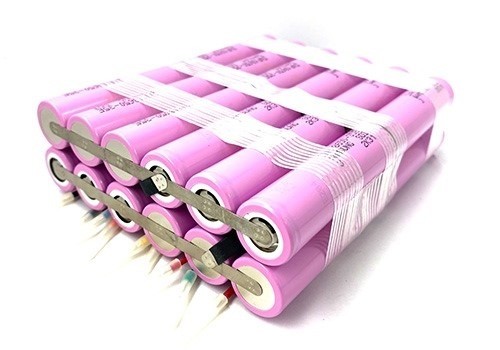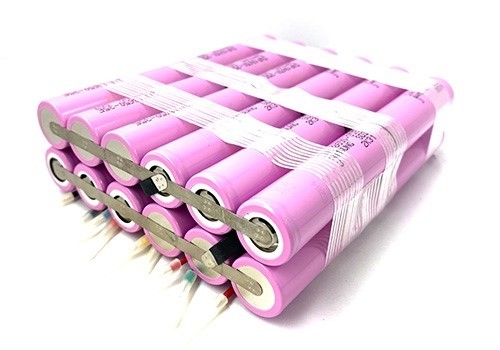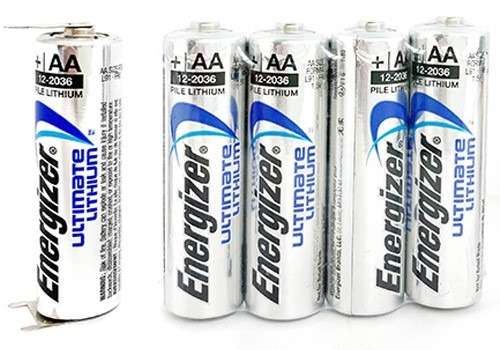Lithium-ion battery packs are fundamental components in various applications, especially in electric vehicles, portable electronics, and renewable energy storage systems. A notable fact is that lithium-ion batteries have revolutionized energy storage by offering significantly higher energy densities compared to nickel or lead-based chemistries.
Understanding Electric Battery Packs
Electric battery packs are assemblies of multiple cells working together to provide the necessary power for devices and systems. These packs are designed to meet specific voltage and current requirements, ensuring the efficient operation of the end application. The advantages of electric battery packs, especially lithium-ion variants, include reduced size, lower weight, and higher performance.
Types of Lithium-Ion Batteries
Custom lithium-ion battery packs come in various chemistries, each offering distinct characteristics:
- Lithium Cobalt Oxide (LiCoO2): Known for the highest energy density, making it suitable for devices that require a lot of power in a small package.
- Lithium Manganese Oxide (LiMn2O4): Provides enhanced safety and stability, though with a slightly lower energy density than lithium cobalt oxide.
- Lithium Iron Phosphate (LiFePO4): Offers high discharge rates, long cycle life, and superior thermal stability, making it perfect for applications that demand robust performance.
Benefits of Lithium-Ion Battery Packs
Lithium-ion batteries provide several advantages over traditional nickel and lead-based batteries:
- Higher Energy Density: Lithium-ion batteries store more energy per unit weight, making them ideal for applications where space and weight are critical factors.
- Lower Self-Discharge Rate: These batteries lose charge at a slower rate when not in use, ensuring longer shelf life and better readiness.
- High Discharge Current: Lithium-ion batteries can deliver high currents, suitable for high-performance applications.
- Better Performance: Overall, they offer improved efficiency and reliability in various operating conditions.
Key Considerations for Lithium-Ion Battery Suppliers
For those seeking reliable lithium ion battery suppliers, it is crucial to consider the following factors:
- Quality and Safety Standards: Ensure the supplier adheres to international quality and safety standards.
- Customization Capabilities: Look for suppliers who can provide custom battery packs tailored to specific requirements.
- Technological Innovation: Choose suppliers that incorporate the latest advancements in battery technology to enhance performance and safety.
Applications of Lithium-Ion Battery Packs
Lithium-ion battery packs are versatile and used across numerous industries:
- Electric Vehicles (EVs): Powering modern electric cars, bikes, and scooters with efficient and long-lasting energy sources.
- Consumer Electronics: Found in smartphones, laptops, and other portable devices requiring compact and lightweight batteries.
- Renewable Energy Storage: Used in solar and wind energy storage systems to store excess energy for later use.
Safety Measures in Lithium-Ion Battery Packs
Safety is paramount when dealing with electric battery packs. Lithium-ion batteries are generally safe, but improper handling or manufacturing defects can lead to risks such as thermal runaway, which can cause fires or explosions. To ensure safety, lithium-ion battery packs incorporate several protective measures:
- Battery Management Systems (BMS): These systems monitor the battery’s state, including voltage, temperature, and charge levels, to prevent overcharging, overheating, and short circuits.
- Thermal Management: Effective cooling solutions are essential to dissipate heat generated during operation, preventing overheating.
- Robust Enclosures: Battery packs are designed with sturdy casings to protect against physical damage and environmental factors.
Conclusion
Lithium-ion battery packs are pivotal in driving technological advancements across various industries, from electric vehicles to renewable energy systems. Their superior energy density, performance, and efficiency make them the preferred choice over traditional battery chemistries. By recognizing the benefits, addressing the challenges, and staying informed about future trends, stakeholders can maximize the potential of lithium-ion batteries. Being a reputed supplier, Emerging Power is committed to leveraging these powerful energy storage solutions to foster innovation and sustainability. In short, lithium-ion batteries will play an increasingly critical role in shaping a sustainable future.



